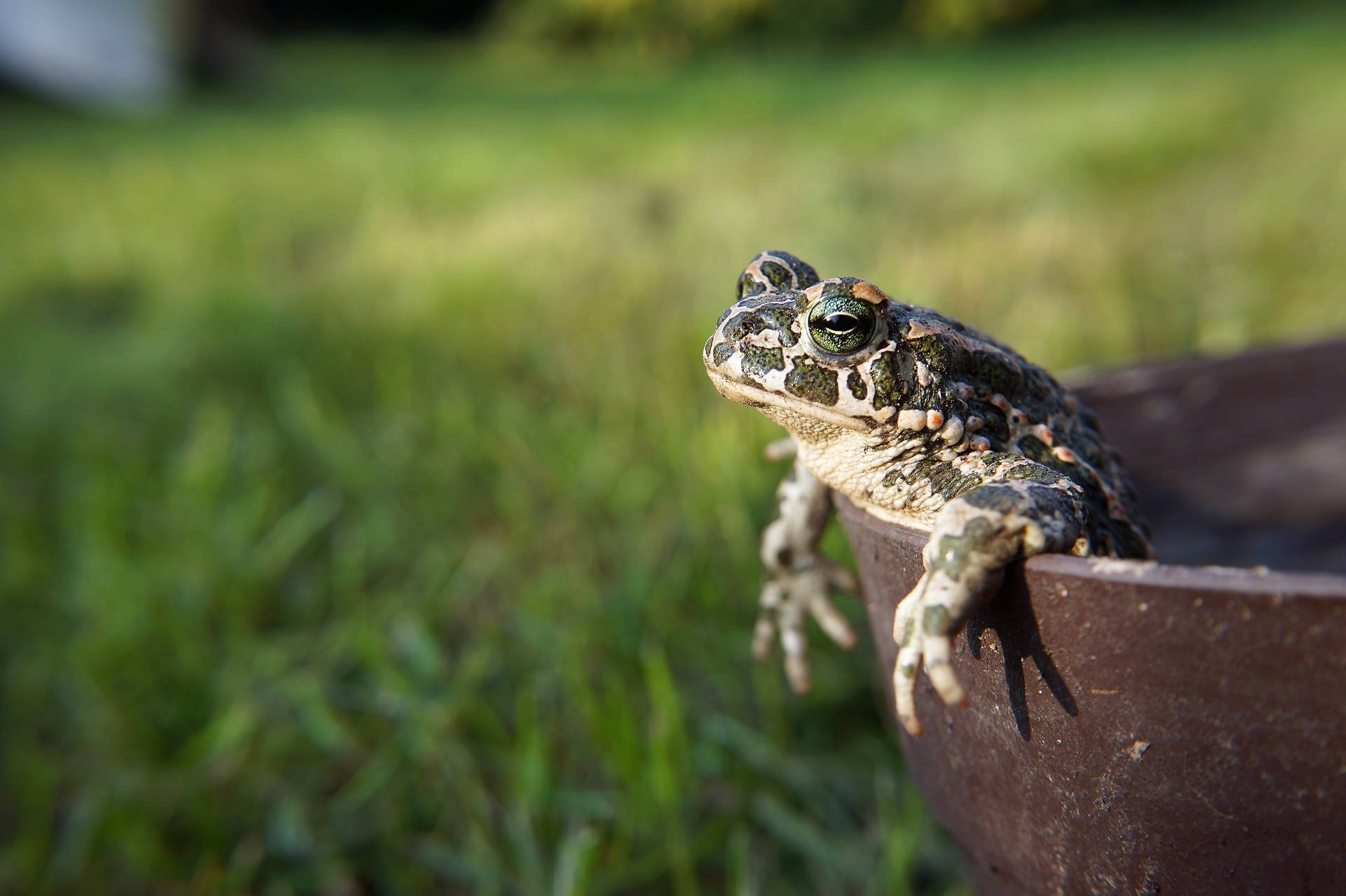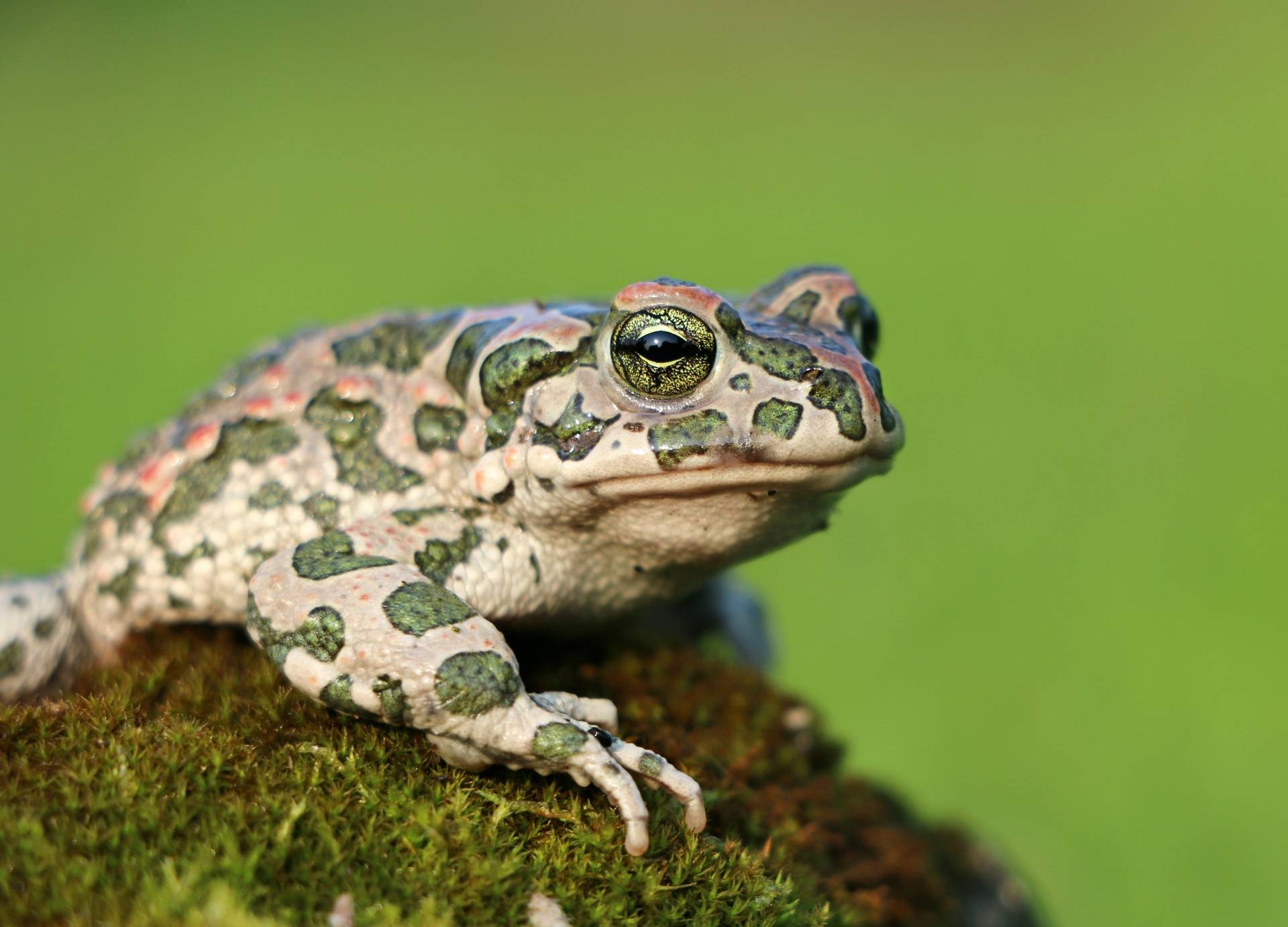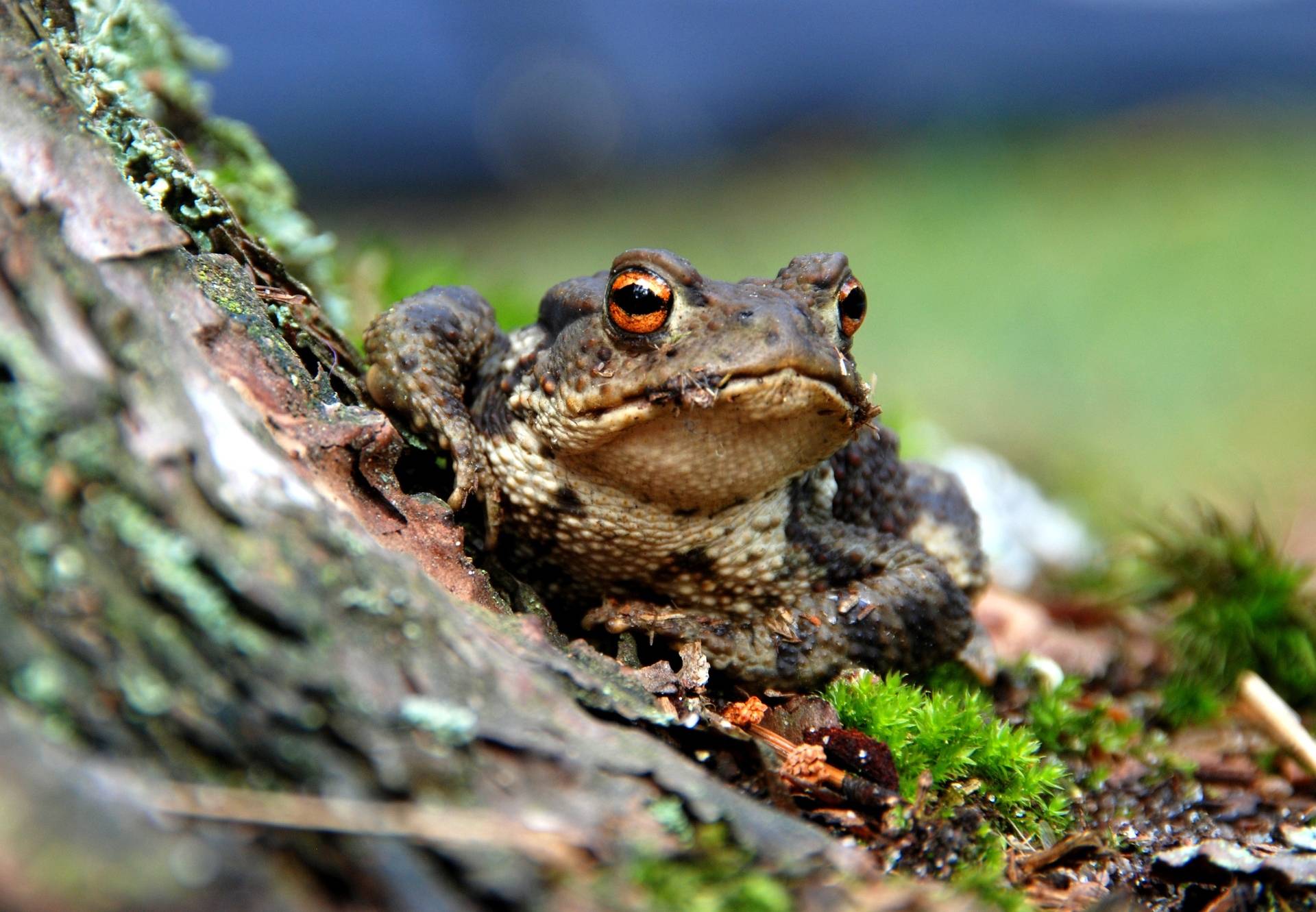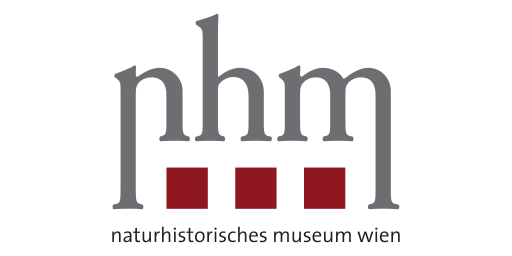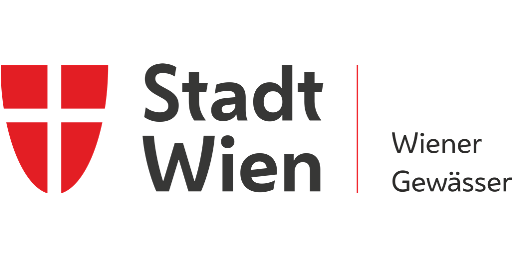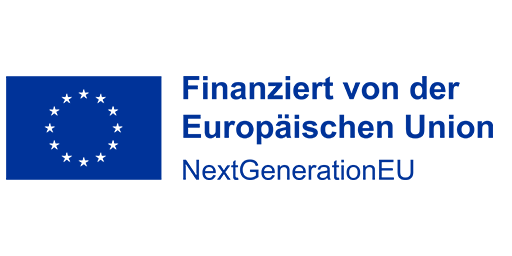The German language version of this text (available here) serves as the original legal text, not this translation.
Information on the processing of personal data
Mit 25. Mai 2018 ist die Verordnung des Europäischen Parlaments und des Rates vom 27. April 2016 zum Schutz natürlicher Personen bei der Verarbeitung personenbezogener Daten, zum freien Datenverkehr und zur Aufhebung der Richtlinie 95/46/EG (Datenschutz-Grundverordnung, kurz DSGVO) in allen Mitgliedstaaten der Europäischen Union unmittelbar anwendbar.
Die DSGVO sieht unter anderem erweiterte Informationsverpflichtungen betreffend die Verarbeitung von personenbezogenen Daten vor.
In Erfüllung dieser Verpflichtungen (insbesondere Artikel 13 DSGVO) informieren wir Sie hiermit über die von uns durchgeführte(n) Verarbeitung(en) Ihrer personenbezogenen Daten.
1. What personal data ("data" for short) is processed?
The following personal data is processed in the course of registration for Objective 3 (Pond initiative): Family name, first name, address, telephone number and e-mail address.
2. For what purpose is the data processed?
The "AmphiBiom" project of the University of Natural Resources and Life Sciences - Institute of Zoology - has three objectives, two of which are 'citizen science' sub-projects. Objective 1 is the recording of Green toads based on their calls, with interested citizens recording the calls on their smartphones using an app developed specifically for the project. The calls are checked by the project team and the locations recorded. The non-personal data will then be entered into the herpetofaunistic database of the Natural History Museum Vienna (NHM). In Objective 2, water bodies with known and suspected populations of Green toads are sampled by the project team, the habitat is characterized and water samples are analysed for pollutants. This will be compared with water bodies in the surrounding area without (known) occurrences. In Objective 3 - the Pond initiative and the main part of the project - 300 pond packages will be sent to interested citizens throughout Austria in order to create a large number of spawning waters for Green toads and other pioneer species of small water bodies and to counteract the loss of their habitat. The personal data mentioned under point 1 is required in order to make a selection of sites that are eligible for participation in Objective 3. The data is also required in order to successfully deliver the pond packages to the participants.
3. On what legal basis is the data processed?
The data is processed on the basis of Art. 6 para. 1 subpara. a GDPR - consent. We would like to point out that consent can be withdrawn at any time with effect for the future. This will not result in adverse consequences for you. If you withdraw your consent, we will no longer process your data for the above-mentioned purpose from this point in time and, in particular, will delete any data (still) stored, unless the data is processed on the basis of one of the following legal bases.
4. Are you as the data subject obliged to provide your data to the University of Natural Resources and Life Sciences, Vienna?
No, but the provision of data is necessary for the conclusion of a contract.
If the data is not provided, this means that the contract cannot be concluded.
5. Does automated decision-making (including profiling) take place in the course of processing?
No.
6. Is all or part of the data transferred to other persons/institutions?
Yes, your data will be transmitted to the following recipients in the course of processing for the above-mentioned purpose: Nature conservation departments of the respective federal states or districts in Austria.
7. Are the recipients mentioned under point 6 located outside the EU/EEA or are they an international organization?
No.
8. How long is the data stored and what criteria are used to determine the duration of storage?
The data will be stored until at least the end of 2025, but until the end of 2026 at the latest, in order to be able to guarantee any queries from the project team in the course of scientific publications.
9. What rights do you have as a data subject?
In principle, you have the rights to information, correction, deletion, restriction, data portability and revocation.
To assert these rights, please contact our data protection officer (see point 10 for contact details).
You also have the right to lodge any complaints with the data protection authority.
10. Contact information
- Responsible persons
Universität für Bodenkultur Wien
Gregor-Mendel-Straße 33
1180 Wien - Data protection officers
Muthgasse 11/II
1190 Wien
This email address is being protected from spambots. You need JavaScript enabled to view it.
General and further information on data protection at the University of Natural Resources and Life Sciences, Vienna can be found at www.boku.ac.at/datenschutz.

 DE
DE  EN
EN 